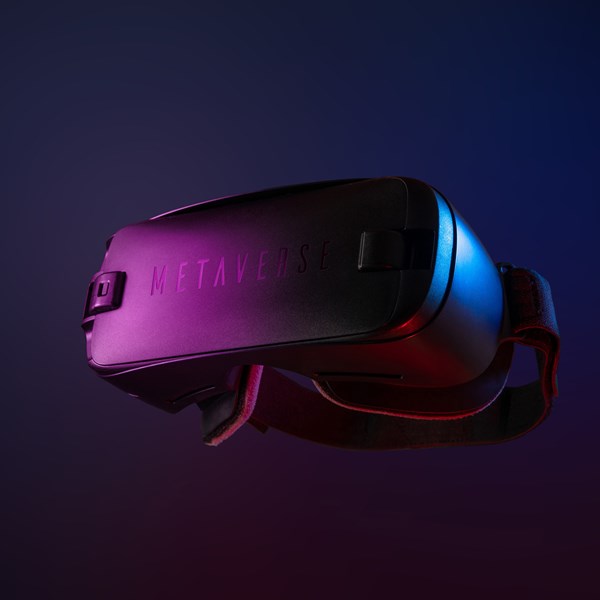The US Patent and Trade Mark Office (“USPTO”) has denied OpenAI’s application to register “GPT” as a trade mark, on the basis that it is merely descriptive of the goods and services specified by the mark applied for.
OpenAI, the entity behind Chat GPT, had applied for “GPT” for goods and services including (for example) downloadable computer programs and downloadable computer software for using language models and Software as a service (Saas) services, namely, providing online non-downloadable software for using language models. The full specification is available here.
GPT stands for “generative pre-trained transformer”, which is the type of large language model framework on which ChatGPT is (and numerous other generative AI models are) based. The finding, therefore, that “GPT” is descriptive of software relating to language models is not especially surprising. That said, the USPTO made two particularly interesting findings.
First, it refused OpenAI’s argument that the mark is not merely descriptive because many consumers do not understand what “generative pre-trained transformer” means. Many consumers do know that “GPT” is often used in a manner descriptive of a type of software. Regardless of whether such consumers know which words underly that acronym, or the meaning of those words, that is sufficient for a finding of descriptiveness.
Second, the USPTO advised the applicant that “GPT” appears to be generic (i.e. typical of a whole class of goods or services) in relation to the goods and services specified. Genericism of this nature goes beyond mere descriptiveness. While the applicant for an apparently descriptive mark can assert that the mark has, through its use and development of brand recognition, acquired a brand status amongst the public above mere descriptiveness, this is not possible for a mark which is generic.
It is open to OpenAI to appeal this decision, but the USPTO appears, through its advisory notice on genericism, to be attempting to head off such an appeal.
The USPTO’s finding on this point appears sensible, and is likely to be welcomed by others operating in this space. While successful registration of GPT would not necessarily prevent third parties from describing their products as being built on a GPT framework, it would likely prevent such parties from incorporating “GPT” into their branding.
In a little over a year since the generative AI boom, terms such as “large language model” and “GPT” have become a part of the lexicon, particularly of communities in and around technology. Allowing such a term to be monopolised, for brand purposes, by OpenAI would appear to restrict competition, in much the same way as a monopolisation 30 years ago on the use of “URL” or “HTTP” could have drastically changed the future terminology used in relation to the Internet.






